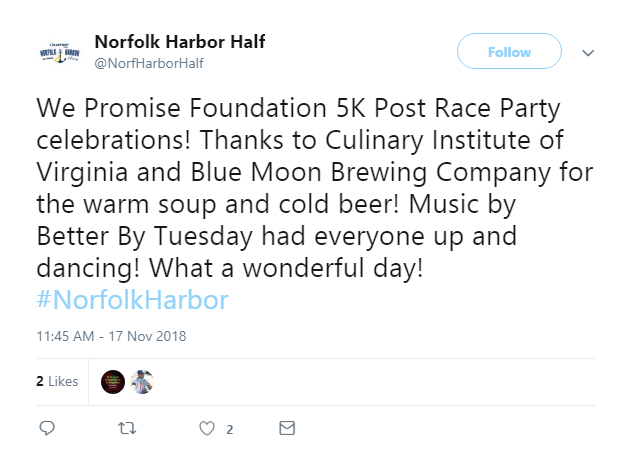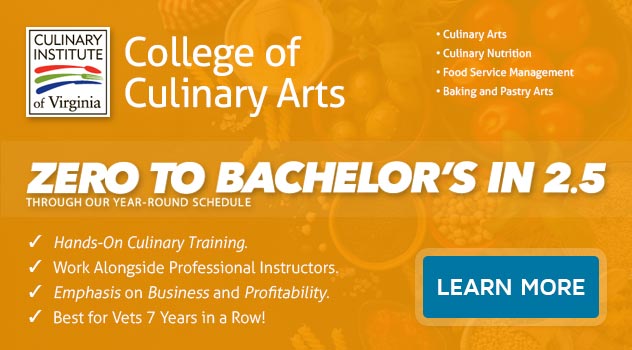How do I Become a Food Service Manager with Formal Education?
Who really runs the restaurant? Is it the chef, who comes up with the menu and makes sure the food coming out of the kitchen is properly prepared? Is it the line cooks, who actually do the cooking? Or maybe it's the wait staff, who are essentially the face of the place.
Actually, it's the food service manager.
While it takes many people pitching in to run a successful restaurant, the food service manager leads the effort. They are the people who are responsible for hiring and sometimes firing. They manage schedules and inventory. They place orders and make sure everyone has the tools they need to do their jobs. And they're responsible for quality control -- from the sign outside to the seating arrangements to service and even the food.
But it's not a job that just anyone can do. It takes business acumen, communications skills, the ability to lead, a commitment to organization and experience with the restaurant industry as a whole.
In other words, it takes everything you'll get from a formal education. Sure, you could get your foot in the door at a restaurant, learn the business and work your way up through the ranks to become a food service manager. But a formal education is often a better route. Here's why…
Formal education might be quicker
Most restaurants don't hire food service managers who walk in off the street with no experience. After all, it's a job that requires a lot of knowledge and skills -- both of which can take many years to learn on the fly.
On the other hand, a formal education in food service management could help prepare you for the task. A good program should teach you the principles of accounting, cost controls and inventory management, hospitality marketing, running a facility and lots more.
Mistakes can be costly
The restaurant industry runs on tight margins. Every cut of meat and piece of produce needs to be procured and prepared with a purpose. Waste can cut into profit margins and even lead to an establishment closing its doors. Mistakes made by food service managers can be costly and restaurant owners have little patience for them.
Getting a formal education allows you to make mistakes in the classroom, where you can learn from them and nobody is going to lose their job as a result. Learning by doing is great -- as long as you have the ability to make mistakes and learn from them. The classroom gives you that ability.
You could have more options
The restaurant industry is faced-paced and dynamic. It's also incredibly competitive. That's why restaurants, bars and other dining and drinking establishments work hard to recruit the best talent, especially when it comes to food service managers.
Having a formal education demonstrates your commitment to the profession. It also shows prospective employers that you truly have the skills and knowledge needed to succeed in the field. Completing a formal food service management education program will make you resume stand out from those without a formal program.
Contacts and connections
Even though the restaurant industry is big (it generates $799 billion in annual sales, according to the National Restaurant Association), it's employees are a relatively tight-knit group of people. Landing a job as a food service manager often comes down to skills, knowledge, and those you know.
One of the nice things about a formal education program is that you'll get face time with industry leaders. They might come into class and present. They might be alumni of the same program. They might even teach your courses.
Either way, you're going to have an opportunity to interact with them, get to know them, and maybe even land your first job as a result. Regardless, you can start building strong culinary connections in school.
There are some things you just can't learn in a restaurant
Macroeconomics. Algebra. Statistics. These are subjects that all successful food service managers need to know in order to succeed, and most of the time you're not going to be able to learn them on the fly. But you can in a classroom.
Enrolling in a formal food service education program ensures that you'll have the time to learn and fully digest important subjects rather than learning them in a piecemeal, haphazard fashion.
Ready to get started?
Interested in becoming a food service manager? If you want to earn a Bachelor of Science in Food Service Management, ECPI University's Culinary Institute of Virginia offers this degree at an accelerated pace. For more information on this exciting program, connect with a friendly admissions advisor today.
It could be the Best Decision You Ever Make!
DISCLAIMER – ECPI University makes no claim, warranty, or guarantee as to actual employability or earning potential to current, past or future students or graduates of any educational program we offer. The ECPI University website is published for informational purposes only. Every effort is made to ensure the accuracy of information contained on the ECPI.edu domain; however, no warranty of accuracy is made. No contractual rights, either expressed or implied, are created by its content.
Gainful Employment Information – Food Service Management - Bachelor’s
For more information about ECPI University or any of our programs click here: http://www.ecpi.edu/ or http://ow.ly/Ca1ya.





